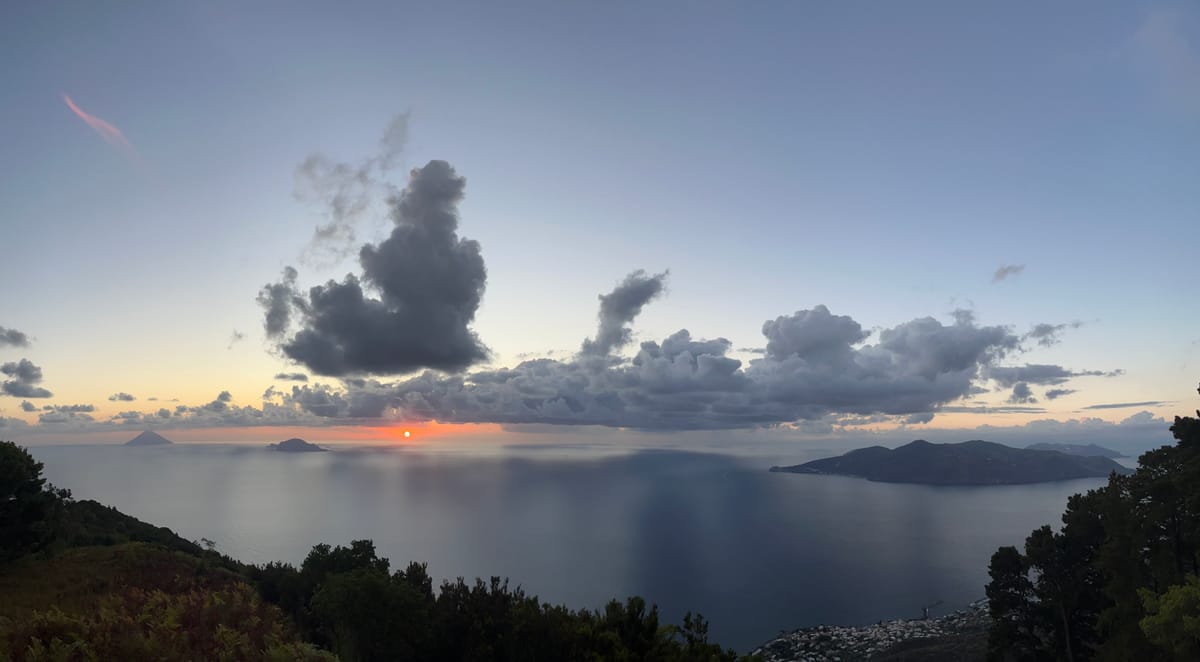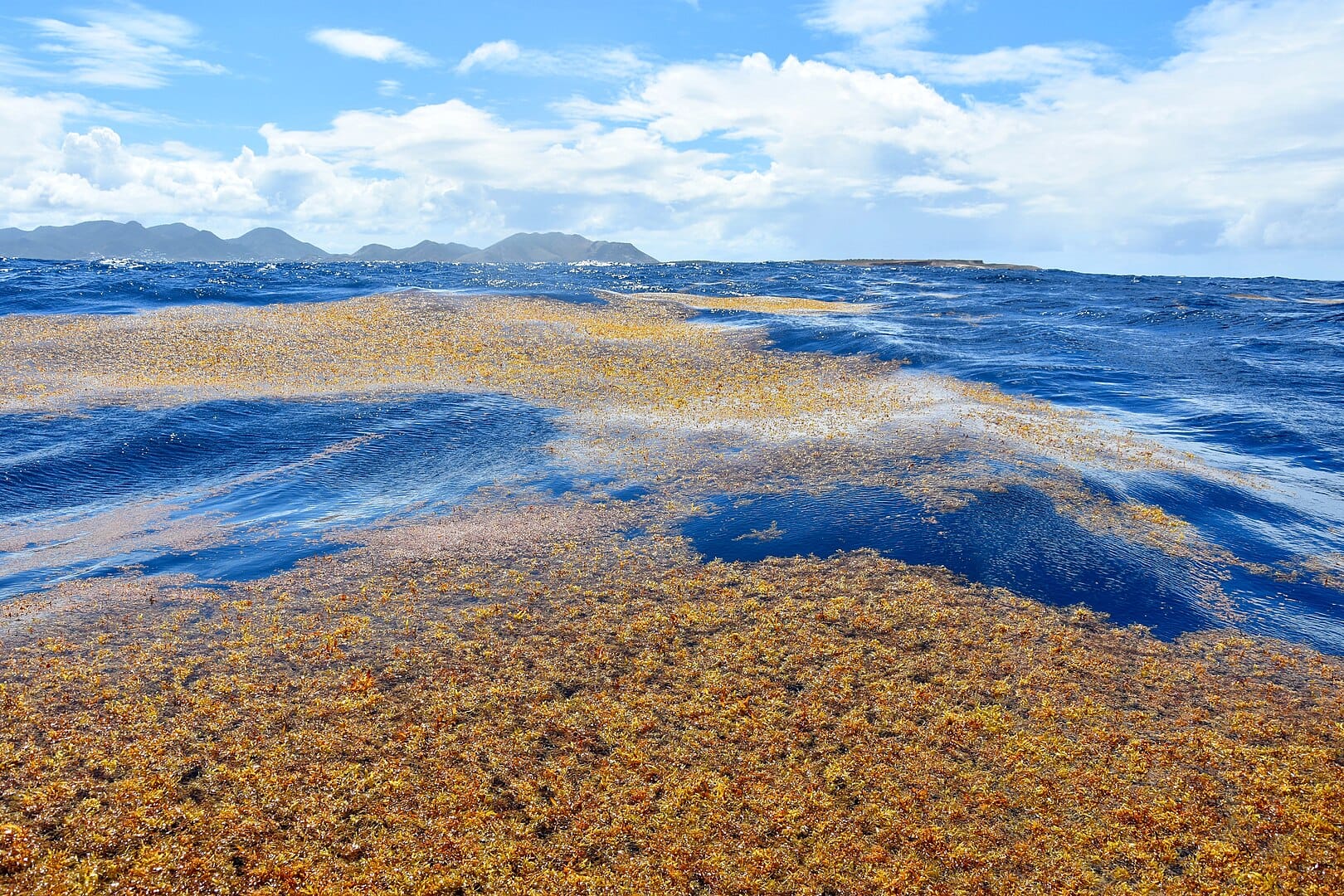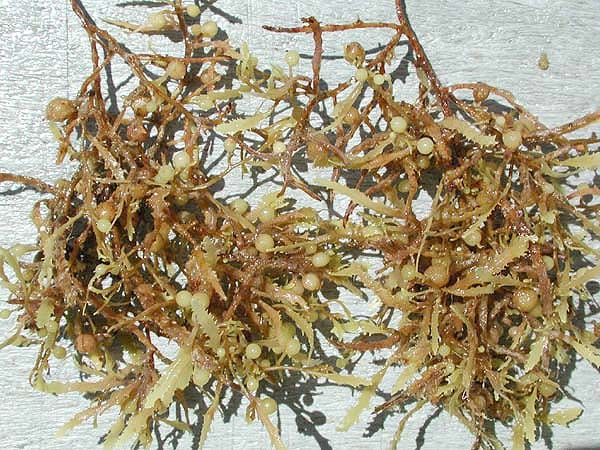Progress
My first Brunn meeting and PhD progress

We make progress all the time, but it doesn't always feel like it. Recently it's felt like I've been making some progress - a nice feeling. Let's talk about it.
Bio-oil
In my 'Getting a Grasp of SAF' newsletter, I mentioned a few people I would contact to continue my exploration of sustainable aviation fuel (SAF). I had a lovely chat with Anders of Votion Biorefineries and he generously shared the story of Votion's journey to its current state, and expansions that are in the works.
As a brief recap of the previous newsletter, I am drawn to Votion's method of producing bio-oil from organic waste because it seems like a particularly cost-effective pathway to producing bio-fuels, including SAF. They start with a relatively energy-dense product (some form of wood/grass) and use a wet process to liquify the biomass, rather than other more energy-intensive methods, which mostly rely on gasification.
In the very same newsletter, I mentioned I thought sargassum could be an appealing feedstock for Votion's 'bio-cooking' process, and it turns out Anders does too!
PhD Progress
There is still plenty of work to go, but two of my three papers are approaching the point where they can be 'shelved'. I invested a lot of hours over the past couple of months to improve one of my papers, adding about 30 pages and 4000 words to a version that I had already thought was pretty good. Thankfully, my team now also thinks the paper is pretty good, so a bit more tweaking, and they'll be ready to go!
For my final paper, I have discovered a very British-imperial-y resource that serves my purposes just perfectly. I require historical information about Australian universities' academic staff - which researchers were working where, when? Up until this point, I have been relying on consulting the archives of each university individually. The Association of Commonwealth Universities, however, published a yearbook (every year) that contains the entire staff list of (almost) every university in the British Commonwealth!
The State Library of Victoria holds the volumes, and gratefully, Mum and Dad will inspect a couple that I have requested this week. Hopefully that will solve my data needs in one go!
Why am I so excited about seaweed?
Back to the seaweed - I appreciate I am yet to motivate my excitement. Sargassum is a type of seaweed that floats around in the Atlantic, close to the Caribbean. Wikipedia tells me annual the size of blooms has increased by over a hundred-fold(!), starting in 2011, as a result of factors including increased fertiliser runoff in major rivers such as the Amazon and Congo. There are millions of tons of the stuff that float around - 24 million tons in 2022 - and a lot of it washes up on beaches.


Wikipedia sargassum images
This creates issues for coastal municipalities, as the weed clogs access to the coast, and is particularly damaging for beach-reliant tourism. Current cleanup costs are in the hundreds of millions of US dollars every year. Anders is confident sargassum is a viable feedstock for Votion's process, and given so much money is already being spent on collecting the seaweed, it could represent a particularly cost-effective source of the organic matter required for producing bio-oil.
Exactly how cost effective? That's the question I'm setting out to answer at the moment. Further, Votion is not yet ready to start expanding into commercial bio-oil production. Ideally, I will find a profitable stop-gap use for the seaweed to continue improving 'sargassum logistics' to be ready for prime-time when Votion's tech matures. This could be similar to Votion's partnership with Jord - a grass cultivator.
Thankfully, there are already plenty of innovators active in the sargassum space; I'm looking forward to seeing what I find. I will report back next time with the highlights of my sargassum business plan.

